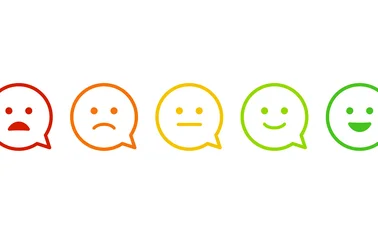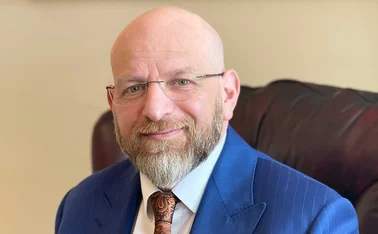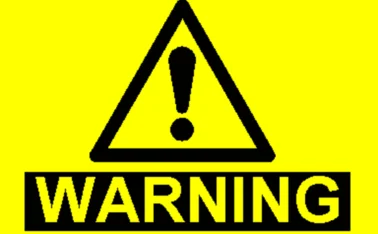
NOTW closure is wake up call for brokers
 Okay broker buddies, time to go for a ride in my Delorean.
Okay broker buddies, time to go for a ride in my Delorean.
You turn to me and say, "They'll close this paper next week."
I laugh, point out it sells 2.6m a week, roughly two-fifths of the day's total newspaper sales and generates £600,000 profit. "You are mad," I reply.
Back to the present and this Sunday sees the final edition of the NOTW. The hacking of voicemails of those suffering through the tragic death of a loved one is obscene and beyond contempt.
Yet at every stage News International denied hacking was endemic, claiming it was only one rogue reporter. The Police said there was nothing to worry about. The Press Complaints Commission's inquiry in 2007 found no evidence of having been misled.
There are not many parties who have earned themselves much credit.
So how did it all come out?
Firstly praise for The Guardian. When Peter Oborne in the Daily Telegraph writes of its rival that it "performed such a wonderful service to public decency by bringing to light the shattering depravity of Mr Murdoch's newspaper empire" you know we are not living in normal times.
The BBC was busy being lily-livered on the topic. I agree with the words of Dara O'Briain on Twitter: "I do think the BBC have to grow a pair when it comes to scandals." The Daily Mail hardly covered itself in glory with its front page lead on Will and Kate just days ago. As Danny Baker asked again on Twitter: "How much contempt must you have for the public to lead your newspaper today with two members of the royal family in a canoe?"
It was The Guardian that led the way. And, as you might have guessed from the paragraph above, I suggest it was also Twitter and the wider social media that finally brought NOTW to where it is now.
On Twitter and Facebook campaigns raged. Users shared information, organised boycotts of the paper and targeted the advertisers.
Credit again must go to Ford who led the way by suspending their account and they were shortly followed by the likes of the Co-op and Npower.
You can argue about whether the actions of News International were such that they ended up with no choice but to close the paper. You can argue about the wisdom of sacrificing 200 staff to save the career of one woman. You can argue about whether it was a business decision to save money and produce a Sunday Sun.
What you cannot argue about is the landscape has changed.
Clearly it is right that anybody up to no good should be swept away by a tide of revulsion.
My point is not that being savvy with social media would save bad people, it won't and nor should it. And for the record I actually believe the vast majority of people in the insurance industry are good people.
What worries me is the level of engagement with social media in the broking world. Awareness is growing but is far from where it should be.
Under any analysis if, as a broker, you cannot put your engagement with social media in the opportunity and strength boxes rather than those of weakness and threat you are missing the new normal.
So ask yourself, are you listening and speaking where the conversations are really happening now?
Only users who have a paid subscription or are part of a corporate subscription are able to print or copy content.
To access these options, along with all other subscription benefits, please contact info@insuranceage.co.uk or view our subscription options here: https://subscriptions.insuranceage.co.uk/subscribe
You are currently unable to print this content. Please contact info@insuranceage.co.uk to find out more.
You are currently unable to copy this content. Please contact info@insuranceage.co.uk to find out more.
Copyright Infopro Digital Limited. All rights reserved.
As outlined in our terms and conditions, https://www.infopro-digital.com/terms-and-conditions/subscriptions/ (point 2.4), printing is limited to a single copy.
If you would like to purchase additional rights please email info@insuranceage.co.uk
Copyright Infopro Digital Limited. All rights reserved.
You may share this content using our article tools. As outlined in our terms and conditions, https://www.infopro-digital.com/terms-and-conditions/subscriptions/ (clause 2.4), an Authorised User may only make one copy of the materials for their own personal use. You must also comply with the restrictions in clause 2.5.
If you would like to purchase additional rights please email info@insuranceage.co.uk







